7 Foods to Avoid When Taking Bisoprolol

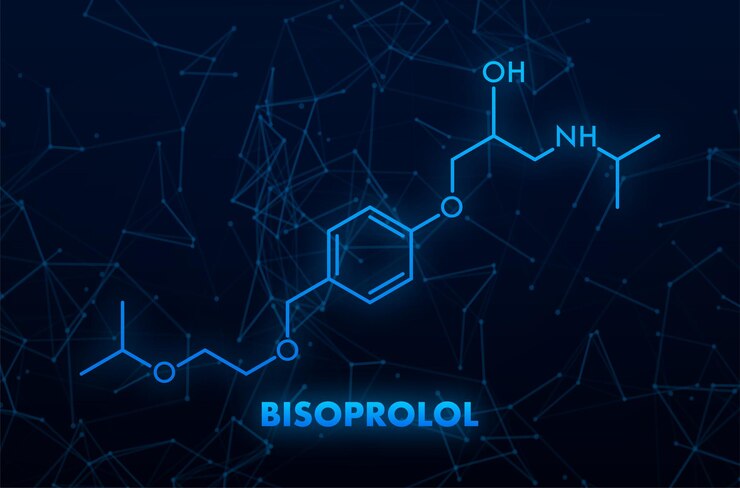
Related products
Bisoprolol, a member of the beta-blocker class of drugs, is essential in combating cardiovascular ailments. It operates by slowing down the heart rate and reducing blood pressure, thereby easing the strain on the heartbeat. Amidst its salutary prowess lie some side effects, such as slow or irregular heartbeats, dizziness and weakness.
Dr.John Herald, a cardiologist at Cleveland Clinic, highlights that "while bisoprolol is beneficial for managing high blood pressure and chest pain (angina), it's pivotal not to overlook how food interactions can potentially disrupt its efficacy." Interactions between medications like bisoprolol and certain foods lead patients to unexpected health challenges that might escalate existing conditions.
Considering statistics necessitates shedding light on seven specific foods people need to avoid when on a steady dose of bisoprolol. Unveiling them offers insight into maintaining stability while reaping maximum benefits from this wonder drug, thus ensuring better health trajectories despite undergoing therapeutic regimens involving this particular pharmaceutical product.
Food substances mentioned henceforth ought not to be ingested while under consistent use without explicit permission granted by healthcare providers dedicatedly guiding treatment processes dealing with hypertension disorders and other cardiac-associated predicaments.
Bisoprolol and Its Uses

Bisoprolol, a commonly prescribed beta-blocker, wields applications to combat cardiovascular challenges. Its uses encompass several directions in cardiac wellness as follows:
- High Blood Pressure Management: Bisoprolol reduces the force with which blood pumps through vessels, effectively lowering elevated pressure levels.
- Prevention of Angina Attacks: Regular consumption aids those susceptible to chest pain from inadequate oxygen supply due to blocked arteries; bisoprolol ensures smoother muscle relaxations around these conduits, enhancing flow predicaments.
- Post-Heart Attack Therapy: Patients recover more efficiently after heart attacks when on this drug because it helps lower the chances of subsequent infarctions by maintaining optimal pressure parameters within circulatory mediums.
- Chronic Heart Failure Treatment: It has proven beneficial for individuals dealing with progressive conditions where the heart's pumping function worsens over time by lessening stress exerted on myocardial structures and ensuring efficient operational capabilities
- Elementary Features in Arrhythmia Treatments: Bisoprolol is indispensable because it controls irregular or high-speed heartbeat scenarios, especially associated with atrial fibrillation.
Before initiating treatment involving Bisoporlol, a comprehensive clinical examination supported by clearly explained medical advice serves as a crucial prerequisite for steering towards effective yet safe navigational healthcare routes.
7 Foods to Avoid When Taking Bisoprolol
Bisoprolol interacts differently with varied kinds of food, some beneficial while others detrimental. Here are seven specific foods to avoid when on a steady dose of bisoprolol:
Grapefruit and Grapefruit Juice

Grapefruit and grapefruit juice stand prominently among foods to avoid whilst under a regimen involving Bisoprolol. Compounds called furanocoumarins present in these citrus fruits inhibit an enzyme known as cytochrome P450 3A4 (CYP3A4) that predominantly exists within the lining of our intestinal tract.
Functionally, this particular enzyme is responsible for metabolizing many types of drugs, including bisoprolol. Impaired functionality due to inhibition by grapefruit compounds leads to higher drug absorption rates into the systemic circulation, causing enhanced concentration levels.
Consequently, patients ingesting grapefruits or drinking its juice may unwittingly experience heightened effects accompanied by escalated likelihoods regarding potential side-effects like slow heart rate or low blood pressure symptoms- conditions contraindicating with beta-blockers intended purposes.
High Sodium Foods
Consumables filled excessively with sodium counteract the primary action of Bisoprolol since they tend implicitly to elevate blood pressure rather than curb it.
High-sodium foods rank among edibles that necessitate avoidance while under a Bisoprolol regimen. This drug's primary action is to lower blood pressure; however, foods high in sodium possess inherent tendencies to push blood pressure upwards, thereby undermining therapeutic endeavors.
Among the many consumables one needs to exercise caution with are packaged meals, canned soups or sauces, salty snacks and processed meats. Notably, excessive intake strains kidneys, promoting fluid buildup that inadvertently results in elevated arterial pressures—an aspect contrary to beta-blockers' desired functions.
Caffeine-rich Products

Substances like coffee or dark chocolate stimulate cardiovascular systems, contrary to the slowing functionalities desired by drugs similar to Bisoprolol.
Caffeine-rich products such as coffee, dark chocolate and energy drinks certainly merit cautious consumption when under a Bisoprolol regimen. The reason for this lies in the contrasting physiological actions initiated by both substances.
Bisoprolol functions to slow down the heart rate and reduce blood pressure, whereas caffeine stimulates the cardiovascular system, leading to increased heart speed and an augmented force of contraction—essentially opposing impacts targeted through beta-blocker usage.
Alcohol

It affects the liver's capacity for processing medications and amplifies drowsy tendencies inherent in consumption patterns related to beta-blockers, including those relevant to using this medication. Alcohol stands as a significant deterrent when consuming Bisoprolol. The reason for this lies in the multipronged adverse effects it brings along.
Primarily, alcohol is known to affect liver function, which in turn impacts how drugs are processed within our bodies. Substantial intake might lead to delayed elimination or enhanced absorption of bisoprolol, potentially heightening risks associated with side effects like drowsiness, low blood pressure and slow heart rate.
Furthermore, alcohol inherently stimulates fluid retention, contributing towards high blood pressure – an aspect directly contraindicated by beta-blockers primary action strategies.
Green Leafy Vegetables

Green leafy vegetables, with their high vitamin K content, might interfere with coagulation factors, thereby offsetting desired impacts among individuals prescribed anticoagulants alongside Bisoprolol. Green leafy vegetables, known for their health benefits, must be consumed cautiously by those on Bisoprolol. The concern revolves around their high Vitamin K content.
Vitamin K facilitates blood clotting by helping produce proteins necessary for this function. In scenarios where patients are prescribed anticoagulants alongside bisoprolol - a common practice given artery blockage issues leading to cardiac distress- a sudden increase in vitamin K intake might offset the desired impacts of these drugs due to enhanced coagulation factors.
High Sugar Diet
Studies show diets significantly high in sugars not only stimulate hypertension but affect overall therapeutic efficiency standards aimed at personalised treatment regimens involving the said pharmaceutical product.
A high-sugar diet requires careful moderation among individuals under a Bisoprolol regimen. Diets significantly high in sugars stimulate hypertension, which contradicts beta-blockers' intended purpose of lowering blood pressure levels.
Moreover, long-term consumption has the potential to trigger insulin resistance and obesity – two major risk factors for cardiac diseases. This inadvertently affects overall therapeutic efficiency standards targeted via personalised bisoprolol treatment protocols.
Fat Rich Diet

Since these edibles inherently harbour traits pushing cholesterol scales higher, they inadvertently promote arterial blockages, precisely ones that medications similar to bisoprolol aim to combat.
A diet rich in fats, particularly saturated and trans fats, detriments individuals on a bisoprolol regimen. These types of edibles inherently push cholesterol scales higher - essentially promoting arterial blockages that medications like bisoprolol aim to combat.
Blocked arteries serve as prime breeding grounds for hypertension besides being culprits behind inadequate oxygen supply leading towards angina – both major concerns the said drug tries addressing. With increased low-density lipoprotein (LDL) due to high-fat diets, therapeutic effectiveness stemming from Bisoprolo faces potential compromise.
Other Considerations
Besides food interactions, several other factors merit attention under a Bisoprolol regimen.
Medical History: Before initiating treatment, it's essential to share a complete medical history with healthcare providers since certain pre-existing conditions, like asthma or heart blockages, have been shown to be incompatible with beta-blockers.
Allergies: Informing doctors about previous hypersensitivity reactions prevents potential risks that might emerge due to allergenic compounds present in the medication.
Pregnancy and Breastfeeding: Stopping bisoprolol abruptly during pregnancy causes fetal harm; hence, any changes must be supervised by specialists. Equally significant is discussing breastfeeding concerns since drug traces pass into the milk, potentially affecting newborn health.
Exercise: While regular physical activity supports cardiovascular wellness, intense exertion might affect how bisoprolol operates; hence, balance becomes key.
Regular checkups: Periodic monitoring of blood pressure levels, along with routine cardiac assessments, allows early detection of possible deviations, thereby enabling timely interventions.
Dr.Robert Sheeler at Mayo Clinic states," Each patient is unique; thus, considerations beyond medicinal directives form an integral part of holistic therapeutic approach." It's, therefore, crucial to acknowledge these aspects and strive towards comprehensive well-being besides primarily targeting pathologic issues.
Summary
Bisoprolol, used for cardiovascular disease including hypertension and angina, interacts adversely with several foods such as grapefruit or high-sodium items. Concurrently, the consumption of green leafy vegetables along with caffeine-rich products needs careful moderation, while alcohol demands complete avoidance.
Considerations beyond food encompass a thorough review of medical history, allergy awareness, and routine checkups. Special directives are also provided for pregnant or breastfeeding women and those engaged in intense physical activities.
Hence, optimal benefits from bisoprolol hinge upon lifestyle adaptations, moderated dietary habits, and personal health oversight, all depicting a comprehensive healthcare approach.
Frequently Asked Questions
Can I eat bananas with beta-blockers?
Yes, bananas hold no known adverse interaction with beta-blockers. They are rich in potassium, which supports heart health.
What vitamins should not be taken with bisoprolol?
Vitamin K enhances clotting, so caution should be exercised if taking anticoagulants alongside bisoprolol. Always discuss supplements with your healthcare provider before starting any new regimen.
When should I avoid bisoprolol?
Certain pre-existing conditions like severe asthma or certain types of heart blockages necessitate avoiding bisoprolol; it's best done under the guidance of your doctor.
Can you drink tea while on beta-blockers?
Moderate consumption is allowable, but stay cautious, as caffeinated varieties potentially stimulate the cardiovascular system, thereby contraindicating beta blockers' primary actions.
Can I drink milk with bisoprolol?
An individual might consume milk safely while taking this medication since no major interactions have been identified between these two.





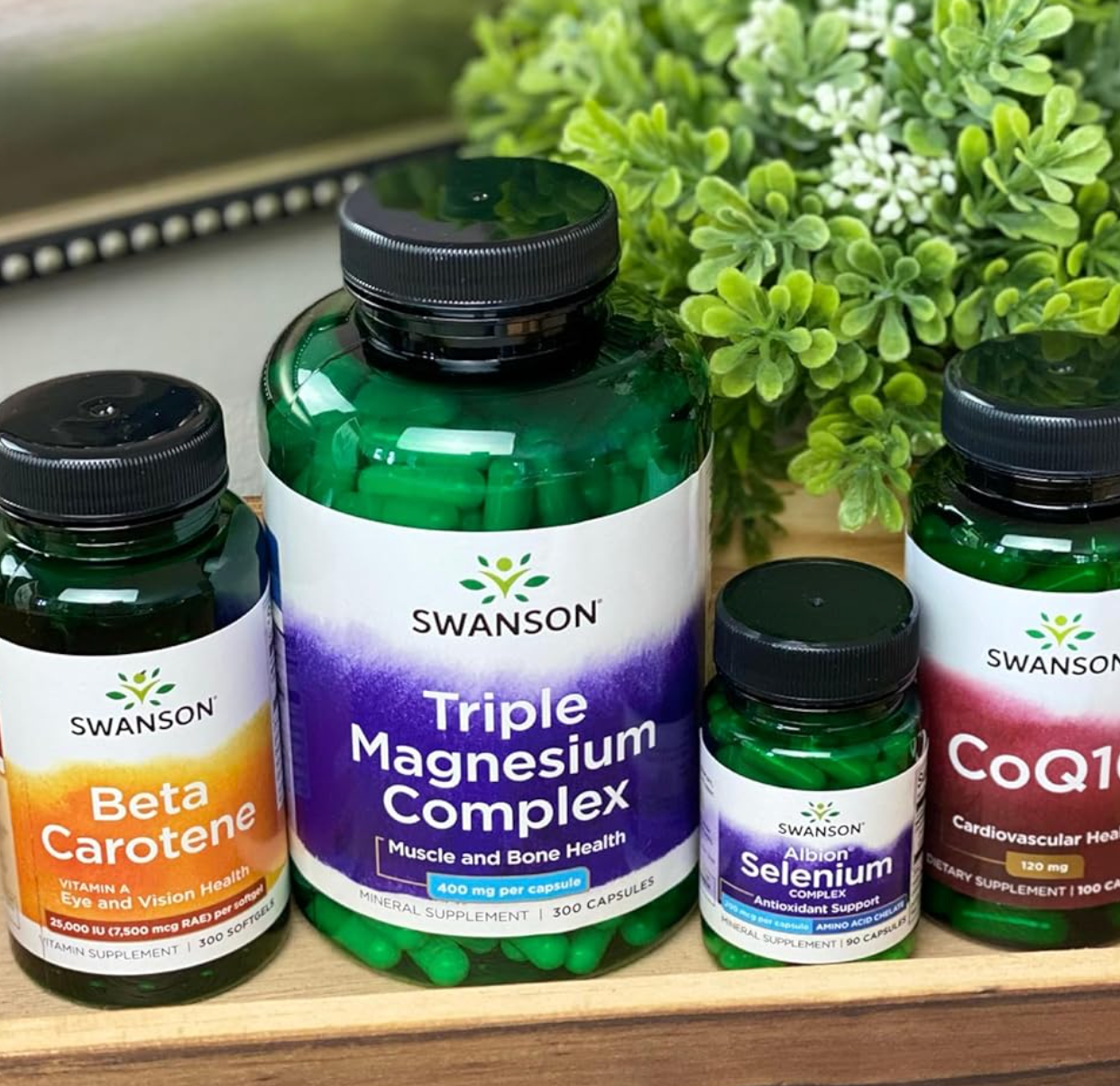
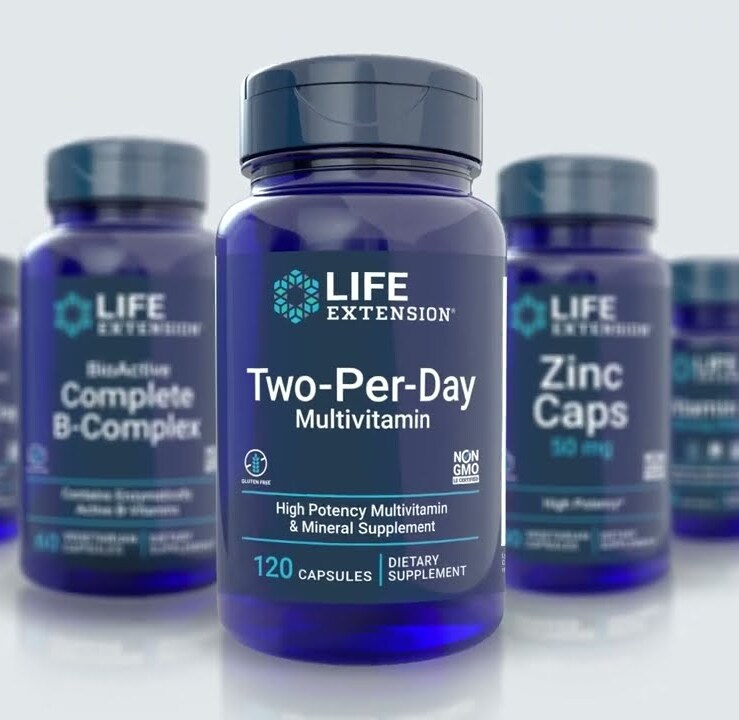

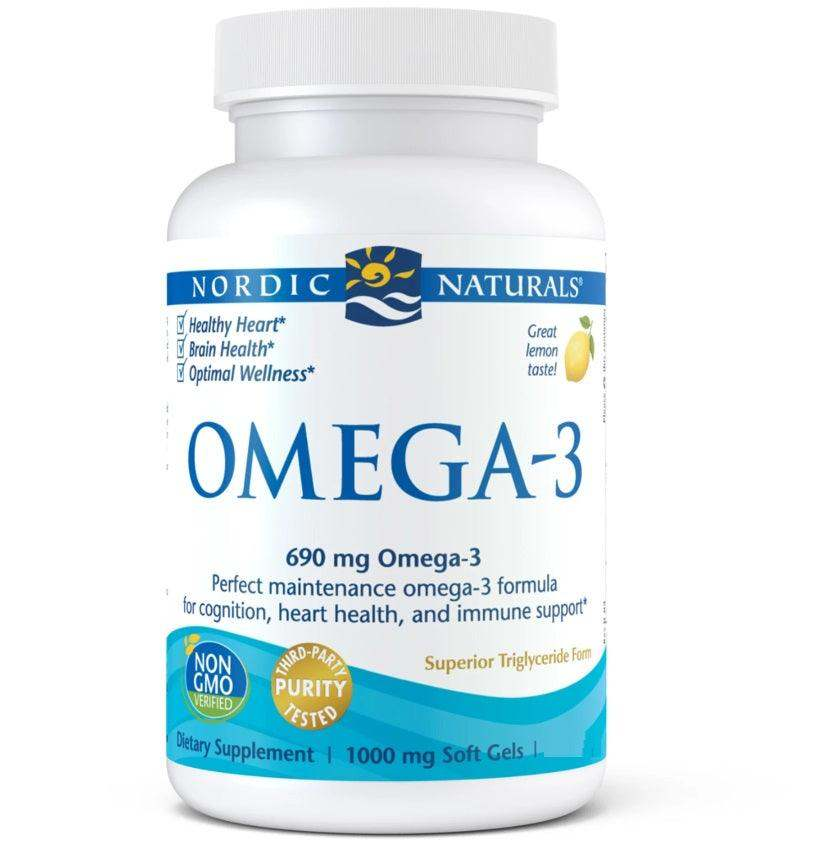
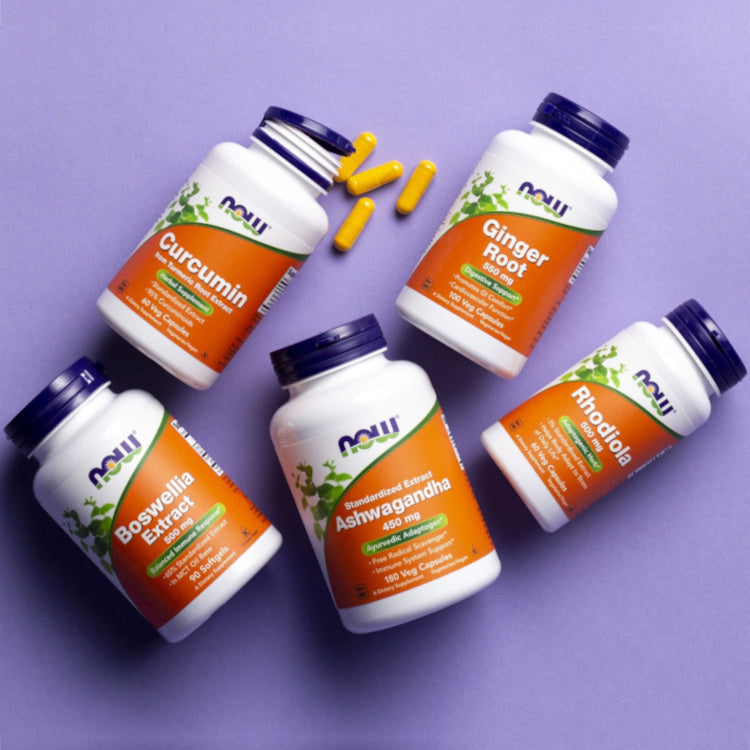
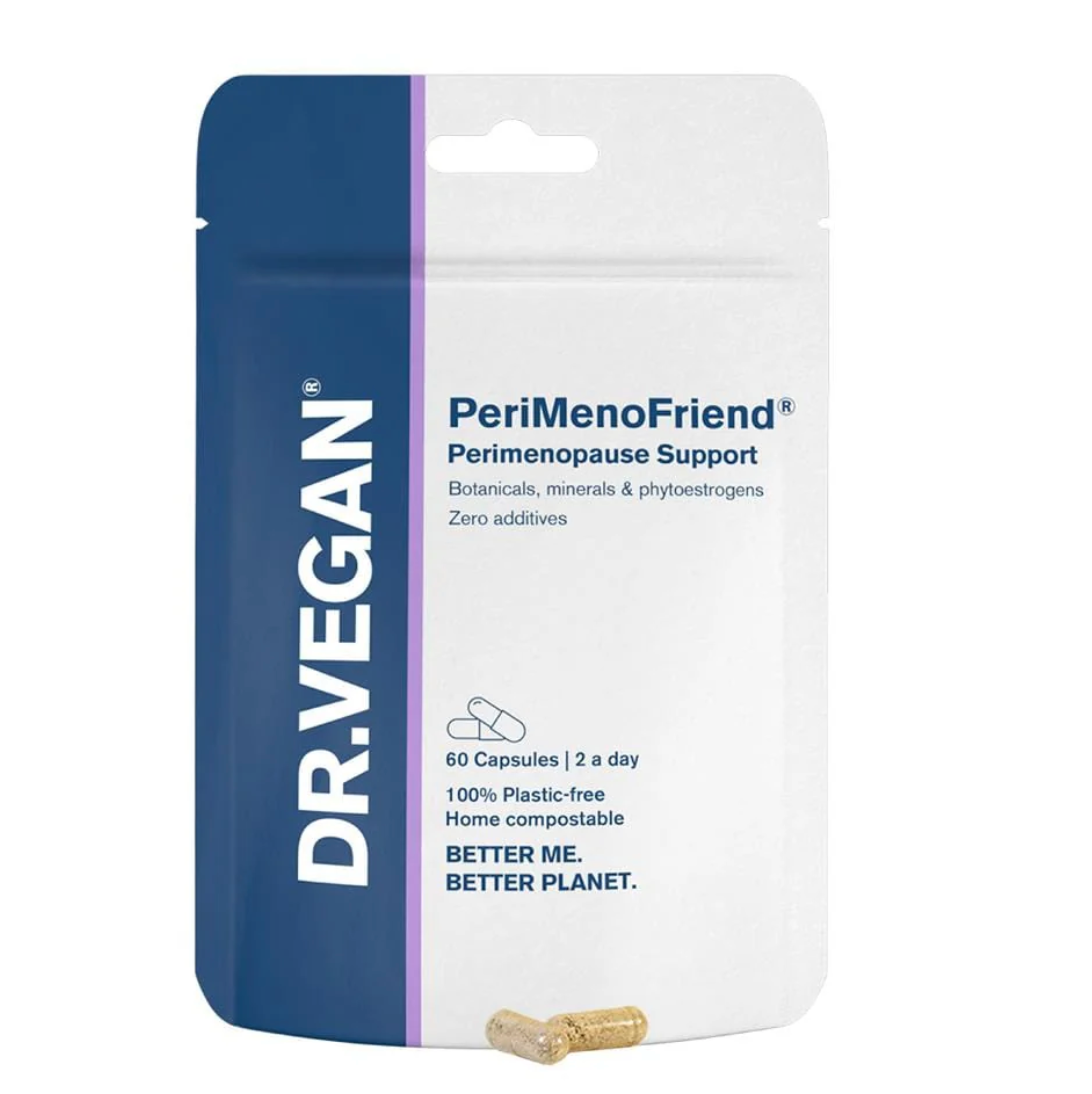



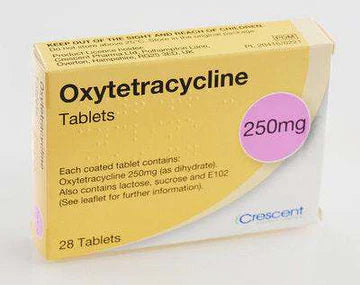
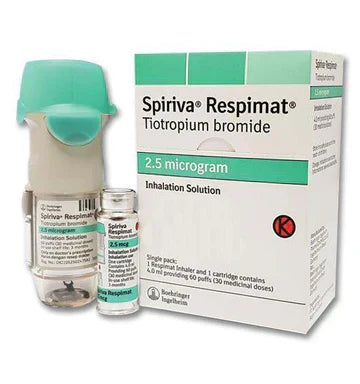
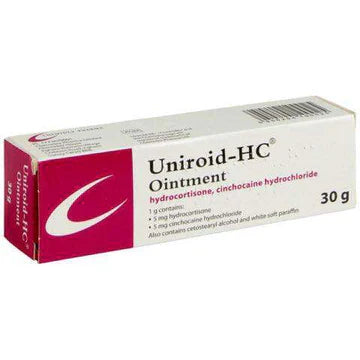


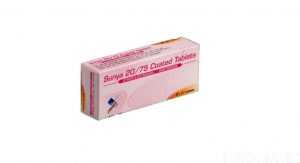
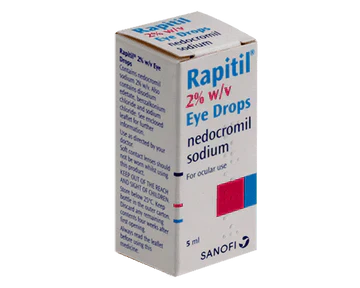
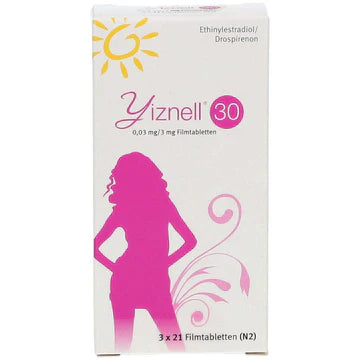
 Rated Excellent by 26,523+ Reviews
Rated Excellent by 26,523+ Reviews